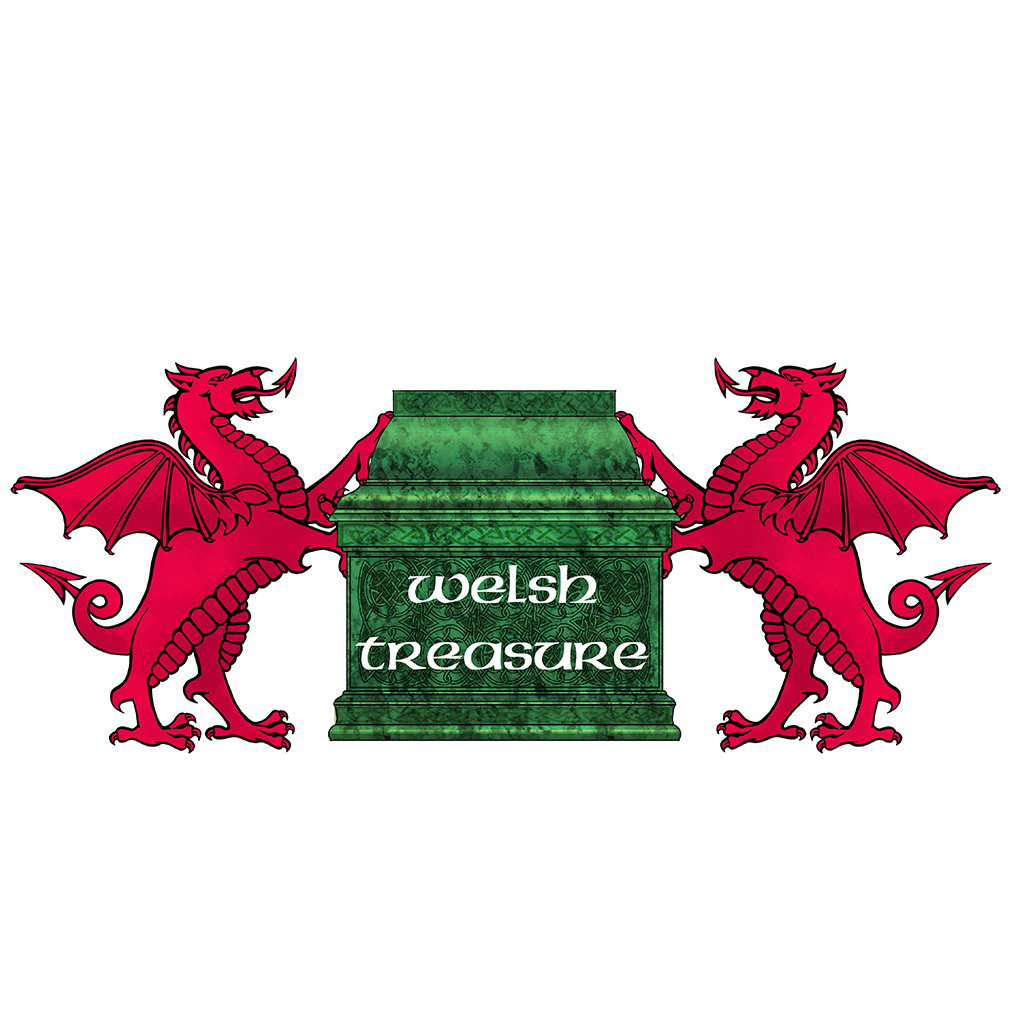March 04, 2021
The symbolic meaning behind a skull has evolved over the years and recently it’s morphed into a “cool” emblem tattooed on forearms, splashed across t-shirts, and painted on to printed, decorative items.
In these instances, the image of the skull might well represent something different to the “wearer” and the viewer. And, for many, it’s simply a stylish decorative feature, much like a flower or a geometric pattern. However, skull has a long and varied history of use with multiple overlapping interpretations.
Skulls are commonly featured in the myths of many cultures, from the Mayan or Aztec to the tribal groupings of North America.
To many of the Eastern traditions, the skull is an esoteric symbol used in secret rituals. Some legends associate the skull with powerful protector deities; and in the Chinese, Hindu and Tibetan traditions, countless divine Gods and Goddesses depicted wearing skull necklaces, carrying skull weapons etc.

Celtic culture viewed the head or skull to be the seat of power. Some texts point to the skull as the house of the soul.
Archeological findings show us the Celts tossed skulls into sacred wells as offerings. What’s the symbolism of this?
We can look to the symbolism of water, and know it carries meanings of cleansing, purification and fluidity of motion (emotions are also a water symbol). Then, if skulls symbolize the seat of the soul and power, perhaps hurling them into the dark depths of sacred well water indicates an intent to cleanse the soul or offer divine clarity and renewal for the soul.
Sacred wells aren’t the only place ritualistic skull symbols and heads pop up in Celtic realms. We see carvings of heads used to decorate doorways and hallways of ancient ceremonial grounds and sanctuaries.
The human skull has five openings with two eyes, two nose cavities, and one mouth, thus a special interest to Celtics. Also, the number five was believed to have magical properties according to Celtic Mythology.
February 23, 2025
Every year on March 1st, Wales comes alive with celebrations in honor of St David (Dewi Sant)—the nation’s beloved patron saint. But who was this remarkable figure, and why is he so important to Welsh history?
February 05, 2025
Did you know that just like birthstones, each month has its own special birth flower? These beautiful blooms hold unique meanings, making them a thoughtful and personal gift for birthdays!
February 04, 2025
Finding the perfect birthstone jewellery can be simple and enjoyable with our help
